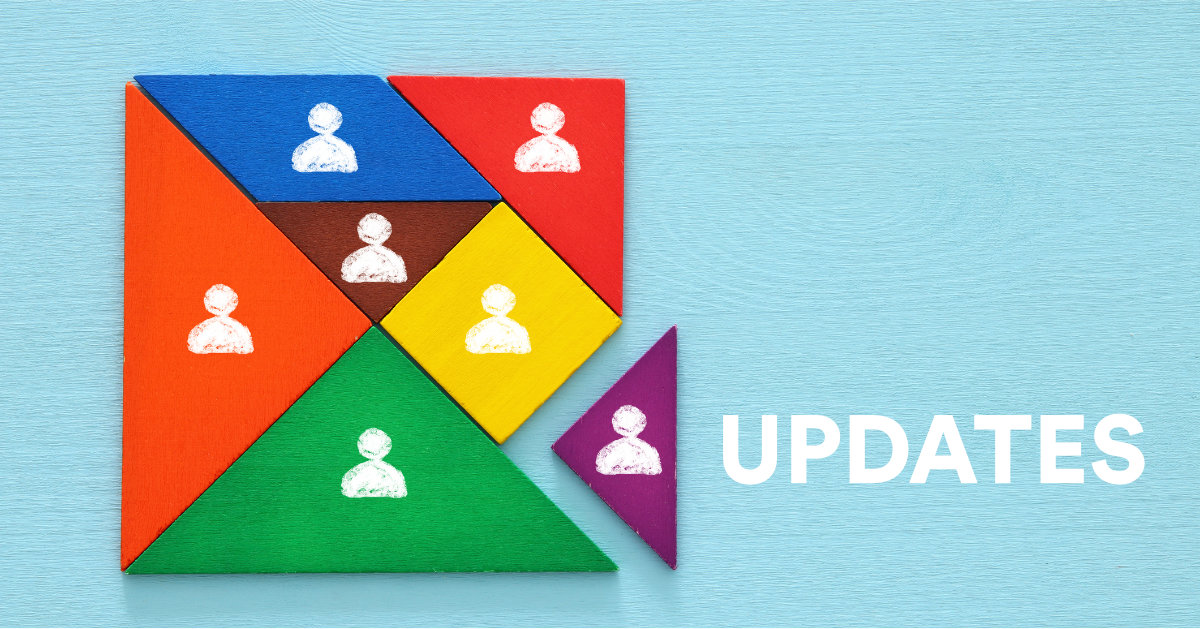

The final stage of JobKeeper and how to access it
The impact of COVID-19 has been felt very differently from region to region. Fortunes vary wildly between business operators subject to ongoing lockdowns and trading impediments to those benefiting from the “new normal”.
For those severely impacted by COVID-19, JobKeeper might be available. The third and final phase of JobKeeper started on 4 January and runs through until 28 March 2021. To receive JobKeeper, employers need to have experienced a sufficient downturn (a 30% threshold applies to most entities) in their actual GST turnover in the December 2020 quarter compared to the same period in 2019 – although alternative tests exist.The payment rate for employers is $1,000 per fortnight per employee or business participant who worked 80 hours or more over a specific 28 day period, or $650 per fortnight per employee or business participant for those who worked less than 80 hours in the relevant period – a reduction from previous JobKeeper payment periods.
Assessing eligibility, managing the decline in turnover test, calculating GST turnover for the decline in turnover test, and managing the 80 working hours requirement for the differential payment rates can all be complex. We’ve outlined a few of the key issues for employers in need of relief:
My business did not previously qualify for JobKeeper. Can I access it now?
Your business can potentially access JobKeeper for the period between 4 January 2021 and 28 March 2021 even if it didn’t qualify for JobKeeper for the period between 28 September 2020 and 3 January 2021 or for the original JobKeeper scheme period that ended on 27 September 2020.
The fact that you have not previously enrolled in JobKeeper or met the eligibility conditions prior to the start of the latest phase of the JobKeeper scheme should not prevent you from accessing JobKeeper from 4 January 2021. For example, if you could not pass the decline in turnover test for the September 2020 quarter this does not automatically prevent you from being able to access JobKeeper for the period between 4 January 2021 and 28 March 2021 as long as your business can pass the decline in turnover test for the December 2020 quarter.
We have been in JobKeeper previously. Do my employees need to complete a new nomination form for JobKeeper from 4 January 2021?
Employees should not need to provide you with a new enrolment form if they have previously provided a valid nomination to you. You should ensure that you have a copy of the original form on file and a copy of the notification that you sent to the employee confirming that their details were provided to the ATO and advising them of the payment rate that applies to them.
What’s included in GST Turnover for the decline in turnover test?
To access JobKeeper, employers need to satisfy a decline in turnover test. The decline in turnover test for JobKeeper from 4 January 2021 compares actual GST turnover in the December 2020 quarter (October 2020, November 2020 and December 2020) to the same period in 2019 (alternative tests are available in some instances where this comparison is not appropriate).
Understandably, we’re receiving lots of questions about what is included in GST turnover and how it is calculated.
In general, if your business is registered for GST you must use the same method that is used for GST reporting purposes. For example, if your business is registered for GST on a cash basis then a cash basis needs to be used to calculate current GST turnover for the purpose of the JobKeeper decline in turnover test for the December 2020 quarter.
Your GST turnover includes proceeds from the sale of capital assets, such as property, equipment or licenses, unless the sale is input taxed. Current GST turnover includes taxable and GST-free supplies, but should exclude input taxed supplies such as residential rental income and financial supplies like dividends, interest etc. JobKeeper and ATO cash flow boost payments should be excluded from the calculation along with other payments that don’t represent consideration for a supply made by the business such as certain State based grants.
If your business has received payments in advance, then you will normally need to recognise these payments as part of the GST turnover calculation, even if the goods or services have not been provided to the customer yet. For example, if your business accounts for GST on a cash basis then you need to recognise the payment for GST purposes as it is received and include it in your GST turnover calculation, even if the services haven't been provided. There are some special rules where security deposits apply to defer the GST liability but these rules are reasonably limited in their application.
And, if your business is part of a GST group, each entity needs to calculate its GST turnover as if it were not part of the group. That is, supplies made by another group member should not be included in GST turnover for the purposes of the decline in turnover test.
When I stood down my employees, they started working for someone else to get by. Can they still receive JobKeeper?
To access JobKeeper, employees need to have been either full-time, part-time or long terms casuals of your business on either 1 March 2020 or 1 July 2020. If the employment relationship remains intact (their employment has not been terminated and they haven’t accessed JobKeeper from another business), then the fact that the employee is performing some work for another entity doesn’t necessarily prevent ongoing access to JobKeeper with you, their original employer.
Of course, the employee can only receive JobKeeper from one employer and there are a number of eligibility conditions that need to be satisfied.
WLM can help
If you'd like help with understanding your obligations or any further information, please contact us today.


